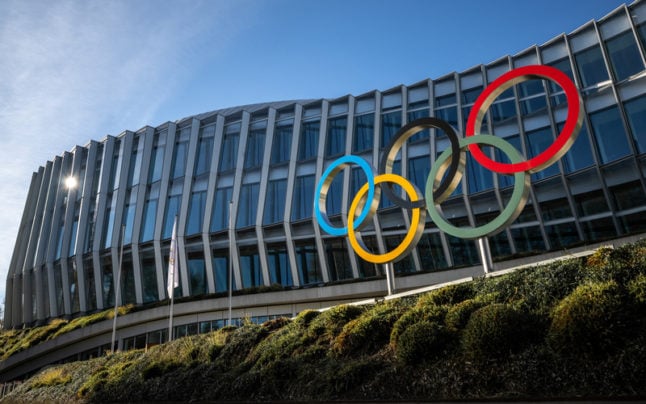Adams, the three-time world champion, who became a double Olympic champion after the initial winner in this month's London Games, Nadezhda Ostapchuk, was disqualified for doping, managed a best of 20.81 metres.
The distance was a new record for the meeting — the previous best of 20.63m was set in 2010 by none other than Ostapchuk — with the shot put held a day before the main competition in a makeshift arena in Zurich's main railway station.
American Michelle Carter claimed second spot with a best of 19.25m, with Trinidad and Tobago's Cleopatra Borel completing the podium with 18.66.
The result kept Adams well on course for victory in the Diamond League race to earn the title as world number one over the season.
Details of when Adams will receive her gold from the London Games have not been finalized, but the shot-putter has said she wanted the ceremony to include the New Zealand anthem playing and the national flag flying high.
Adams expressed no sympathy for Belarus arch-rival Ostapchuk, who has said she will appeal against the International Olympic Committee's decision to strip her of the title.
The gold medal capped an emotional Olympic roller-coaster for Adams, whose preparations were thrown into disarray when New Zealand team officials accidentally left her off the start list of competitors in her event.
The men's shot put in Zurich was won by Olympic bronze medallist Reese Hoffa, who managed a best of 21.64m, in an American one-two ahead of Ryan Whiting (21.49m).
Poland's double Olympic champion Tomasz Majewski was third (21.18m), but the silver medallist from the London Games, Germany's David Storl, failed to record a mark.



 Please whitelist us to continue reading.
Please whitelist us to continue reading.
Member comments